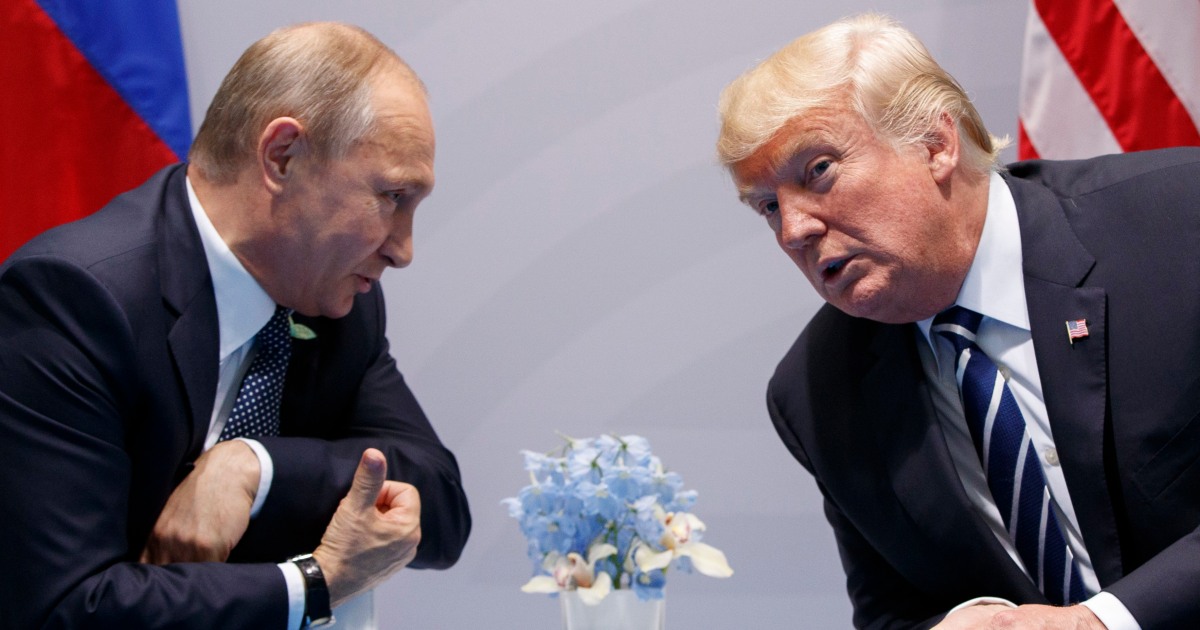Key takeaways:
- The Atlanta Federal Reserve has revised its forecast for the U.S. economy in Q1 2025, predicting a 2.8% GDP contraction due to economic uncertainty and potential tariff impacts.
- Under former President Donald Trump, U.S. foreign policy has shifted, moving away from a strong alliance with Ukraine and realigning towards Russia, disrupting a bipartisan consensus.
- This foreign policy shift has caused concern among European allies and supporters of Ukraine, while being welcomed by conservative populists favoring closer ties with Moscow.
In recent developments, the Atlanta Federal Reserve has adjusted its forecast for the United States’ economic performance in the first quarter of 2025. Initially, the projection indicated a 1.5% contraction in GDP, but it has now been revised to a 2.8% contraction. This change reflects growing economic uncertainty and the impact of anticipated increases in U.S. tariffs and potential retaliatory measures. These economic indicators suggest a challenging period ahead, influenced by both domestic and international economic decisions.
Simultaneously, a significant shift in U.S. foreign policy has been observed under the administration of former President Donald Trump. In a departure from previous policies, the U.S. has realigned its stance towards Russia, moving away from the strong alliance with Ukraine that was established during President Joe Biden’s tenure. This pivot has disrupted a long-standing bipartisan consensus on a hawkish approach towards Russia, marking a notable change in the nation’s foreign policy landscape.
The realignment has garnered considerable international attention, causing concern among U.S. allies in Europe. The shift has been particularly unsettling for those who have supported Ukraine in its ongoing conflict with Russia. Conversely, the move has been welcomed by conservative populists who advocate for a reduced focus on supporting Ukraine and a closer relationship with Moscow.
These developments were highlighted during a recent meeting between Trump and Ukrainian President Volodymyr Zelenskyy in the Oval Office. The meeting underscored the changing dynamics of U.S. foreign policy and its potential implications for international relations. As the situation continues to evolve, both economic and geopolitical factors are likely to play a critical role in shaping the future landscape.



Be First to Comment